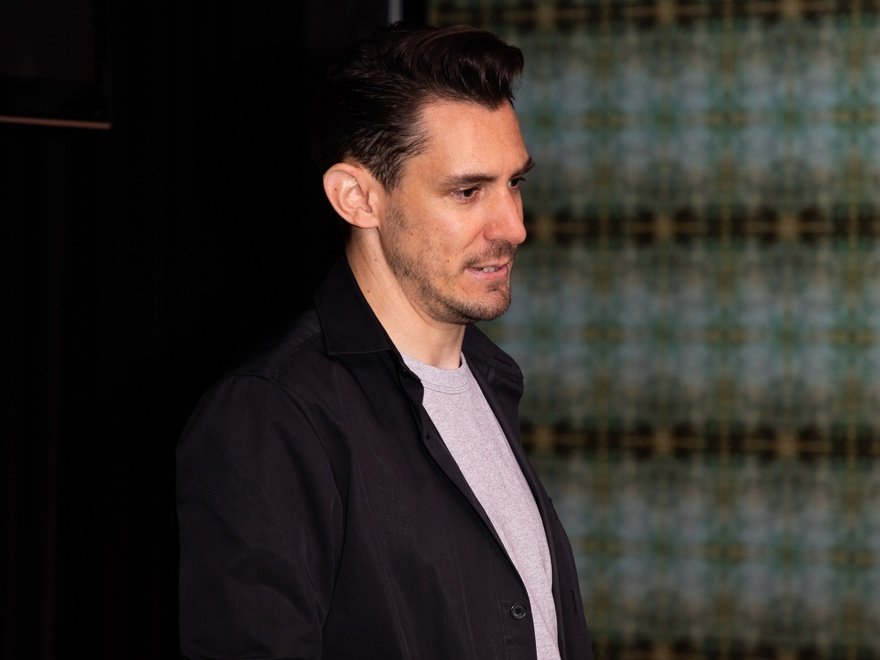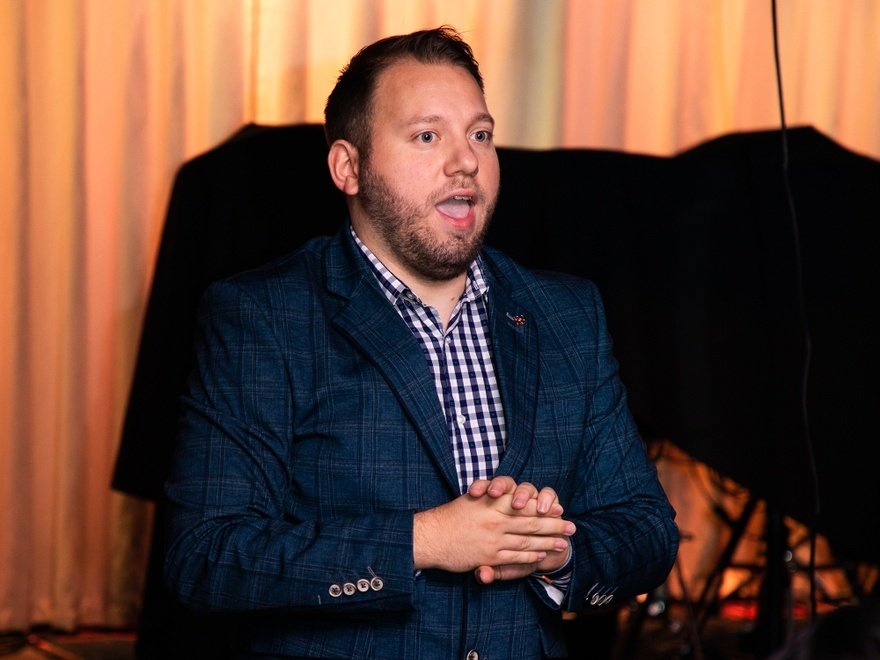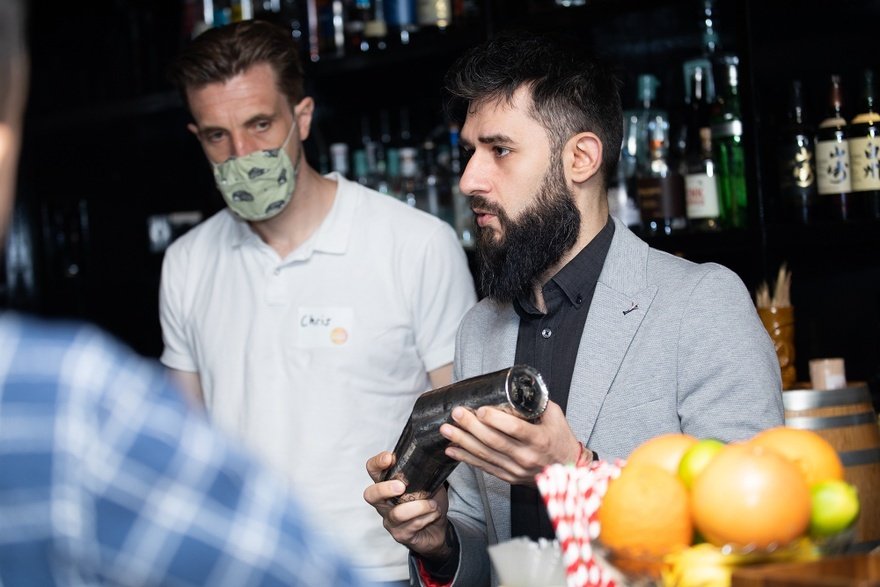With nearly 18% of its workforce unfilled, D&D London has launched a Summer School for those without hospitality experience, with the opportunity to apply for a vacancy at the group. Tom Vaughan talks to D&D London co-founder David Loewi and head of training Adam Harwood.
For David Loewi, co-founder of restaurant group D&D London, the hospitality staffing crisis is as bad as it has ever been.
"The restaurant industry has never seen an issue like this before. Restaurants are seriously suffering. Seventy per cent of our staff came from Europe, and that tap has been turned off," he says.
In a bid to fill its 250 vacancies from a total workforce of 1,400, the restaurant group has taken a new approach: paid, week-long Summer School hospitality training, with the opportunity of landing a job at a D&D restaurant at the end of the course.
Adam Harwood, the group's training manager and the man behind the idea, says he was inspired to trial it because of the hidden number of people he felt would like to move into hospitality but believed they lacked the skills to apply.
"What we wanted to do is give a leg up for those who may have been overlooked before and who didn't have the necessary skills at the start. Being the organisation that we are, we want to make sure that the people coming into our restaurants can hit the ground running."
What we wanted to do is give a leg up for those who may have been overlooked before and who didn't have the necessary skills at the start
The inaugural Summer School ran in July, with 37 trainees across bar, kitchen and front of house. All were paid minimum wage for their week-long training, totalling 18 hours, so long as they completed the course and interviewed for one of the vacancies at D&D. Of those 37 trainees, 32 secured jobs and a D&D salary for a deputy position. Now, hot on the heels of its success, the group plans to run a second Summer School starting on 3 August – with 45 trainees already confirmed – as well as subsequent schools in the autumn.
Key to its success has been harnessing the group's resources and securing supplier buy-in, says Harwood: "We run it in our restaurant 100 Wardour Street, which is closed at lunchtime. We've asked our suppliers to support us too, and once they understood what we're trying to achieve, they've given us their time, which has been excellent."
The likes of drinks brands Diageo, Asahi, Pernod Ricard and Nyetimber have all led workshops for the bar school, which also taught the fundamentals of operating a bar and safety regulations.
The commis chef course involves food safety, basic knife skills, allergens and hygiene standards, as well as classic cookery skills, such as pasta-making, bread-baking and how to prepare the perfect omelette. The commis waiter course involved lessons in providing the level of service D&D expects. All groups then end in a session on employability and interview skills provided by workforce management supplier Harri, before interviewing for a D&D vacancy.
Change in direction
With the industry in desperate need of the next generation of talent, both front and back of house, the Summer School is an opportunity to sell hospitality to those with little or no experience of the sector.
"We've had people from different backgrounds like aviation or tourism who want to try a different career path, as well as school-leavers. At first some of them were a bit shy, but once we'd given them the training, by day three they were different people," says Harwood.
"I felt like we were giving them a window into what the world of hospitality is like – it's fun, it's about taking people with the right attitude and letting them feel confident they've got the skills to work in one of our restaurants."
Loewi and fellow founder Des Gunewardena both met the trainees at the end of the week and were impressed by the standard of applicant the course attracted.
"They were a great crowd. I think people are intimidated by our industry and how they find a way into it. The school shows that if you find people with the right attitude and the right interest, you can work to bring them out of themselves," says Loewi.
The school shows that if you find people with the right attitude and the right interest, you can work to bring them out of themselves
Following on from its success, Loewi says the Summer School could become a permanent recruitment tool for D&D: "This issue of staffing isn't going to away. We're going to need more staff as we get towards the autumn and winter, so we'll definitely carry it on."
Harry Bull, D&D Summer School attendee
Had you been looking for a hospitality job or previously considered working in hospitality?
Yes, I was actively looking for a part-time job in a restaurant as I had an understanding that waiting can be an important life skill – especially in regards to how you behave around other people.
What were you expecting from the course and how did you find it in reality?
I was honestly expecting desks and a whiteboard. I'm very happy to know that the learning process was practical as well as intuitive. Rather than observing people doing the job and guessing what to do, I was taught how the job should be done, which gives me the confidence that I'm now doing it right.
What one main thing do you feel you learned from the course?
That it is very important to be in the right mindset when at work. Stay positive, work hard, be polite and stay focused.
How was the interview process at the end and did you secure a job?
The interview was very relaxed. I was hired as a commis waiter at Launceston Place and have already worked three shifts.
Do you think you might have a long-term future in hospitality?
I dream of being in the film industry as my professional career, but I'm only 19 and I won't rule anything out.








